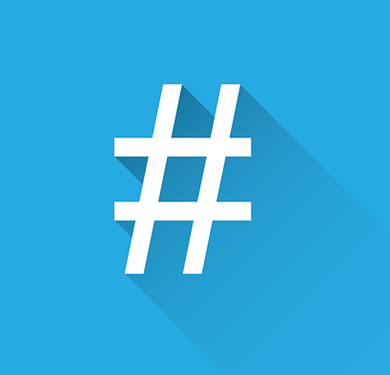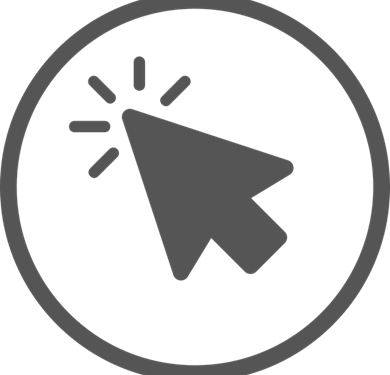Some countries do not allow their citizens to use the internet. The government in some countries like China, Cuba, Iran, North Korea, and Syria either ban their citizens or limit their freedom when using the internet.
One of the reasons the internet is so widely used is because of the World Wide Web (WWW). The WWW became publicly available in 1991 and has given us access via browsers to the Internet. The availability of information has exploded to the point that we are shocked when what we are looking for isn’t available on the web! As a global resource the internet is largely unregulated, leading to concerns about how we use the WWW and the Internet and its effect on us all.
The World Wide Web Foundation, established by Tim Berners-Lee and Rosemary Leith, is working to ‘advance the open web as a public good and a basic right’. They describe the foundation as an ‘independent, international organisation fighting for a world where everyone has affordable, meaningful access to a web that improves their lives and where their rights are protected.’ Current projects include:




